Raportul Departamentului de Stat privind terorismul in lume dat ieri publicitatii mentioneaza atentatul Hezbollah din Bulgaria.
Overview: (…)According to Bulgaria’s lead agency for counterterrorism, the State Agency for National Security, Bulgaria is a potentially attractive target for terrorists based on its strong cooperation with its partners, as well as Bulgaria’s large population of refugees, particularly from Syria and Iran.(…)
2012 Terrorist Incidents: On July 18, a terrorist attack was carried out on a passenger bus transporting Israeli tourists at the Burgas Airport. The bus was carrying 42 Israelis who had arrived on a flight from Tel Aviv. The explosion killed five Israelis, as well as a Bulgarian citizen, and injured 32 Israelis. While no organization publicly claimed responsibility for the attack, the plot bears the hallmark of Hizballah. On February 5, 2013, following a lengthy investigation, the Bulgarian government publically implicated Hizballah in the Burgas bombing.
Ieri, seful SRI George Maior a vorbit despre Romania ca o potentiala tinta explicita a unor atacuri teroriste, vezi Hotnews.ro (George Maior: Romania – din ce in ce mai mult o tinta explicita a amenintarii teroriste):
„Diversi factori au facut din aceasta amenintare o amenintare in crestere. Factori referitori la circulatia persoanelor, la circuitele financiare internationale, la modul in care Romania se implica in anumite actiuni internationale o fac, din ce in ce mai mult, nu doar o tinta generica, ci o tinta explicita”
Ca sa revin la Bulgaria, interesant este si ce s-a petrecut acolo după ce investigaţiile au arătat implicarea Hezbollah. O analiză foarte bună a lui Ognyan Mincev pentru blogul gazduit de German Marshall Fund arată splitarea scenei politice din Bulgaria. Şi nu e de mirare, opoziţia socialistă acuzând guvernul că a cedat presiunii americane şi israeliene pentru a acuza Hezbollah şi, prin urmare, Iranul, aflat în spatele mișcării: Bulgaria’s Accusations Reveal Divisions on Hezbollah
Six months after the first case of international terrorism on Bulgarian soil — in which five Israeli tourists and their Bulgarian driver were killed — Interior Minister Tsvetan Tsvetanov said that there was a “reasonable assumption” that Hezbollah was responsible.(…)
Tsvetanov’s statement, however cautiously worded, has provoked heated public debate in Bulgaria, where the discussion of international issues often reveals an East-West division. Opposition leaders have accused the government of yielding to pressure from Israel and the United States to blame Hezbollah and — by extension — Iran for this act of terror, to the detriment of Bulgaria’s national security. But others see Russian influence behind such criticism, and noted that the statement of socialist opposition leader Sergey Stanishev was featured on Hezbollah’s official web-site.
Because of its institutional fragility and geographic location, Bulgaria is hardly the natural leader in Europe to counter Hezbollah. But the results of the Burgas bombing investigation will probably influence the positions of other European states. At present, the U.K. and the Netherlands are the only European states that have declared Hezbollah’s military wing a terrorist organization. But the organization receives support and funds from a strong network of Muslim immigrant organizations across the continent. Some European countries may now outlaw Hezbollah’s military infrastructure, but others will insist on the accumulation of further evidence of terrorist activities by the Islamist group on European soil.
Bulgaria’s hesitation in blaming Hezbollah stems in part from the transatlantic community’s own ambiguity about the process of revolutionary change in the Middle East. Both Europe and the United States were initially supportive, hoping that it would lead to democratic governance and modernization across the region. Yet democratically inclined youth protesting in places like Tahrir Square were quickly replaced by Islamist crowds supporting authoritarianism and the introduction of Islamic law. The national resistance movement against the Bashar al-Assad regime in Damascus was joined by al Qaeda-affiliated militant factions, creating concerns about the kind of political regime that might come to power in the aftermath of Assad’s fall.
Countering Hezbollah is certainly necessary to address the threats to international security — and for Israel in particular — posed by the Tehran-Damascus axis. But Western public opinion and political decision-making often collapse into specific arguments about the national interest and security. Unity requires common interest and moral legitimacy, and its absence in public and political discourse represents a significant security challenge for the West. We must be cautious in assessing the chaotic environment of the Middle East. But we also need a common strategic vision and efficient policy cooperation within the transatlantic community. It may all come down to a moral choice as to how to support freedom in the aftermath of the Arab Spring.
Tot Ognyan Mincev are şi o interesantă analiză despre cum au răsărit ghioceii la Sofia: Russia’s Energy Monopoly Topples the Bulgarian Government








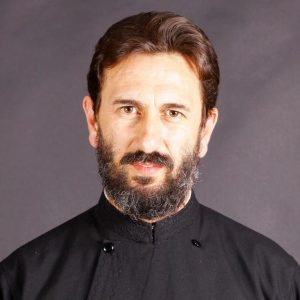
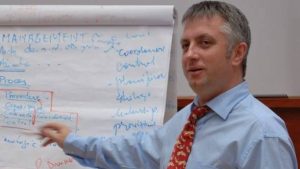

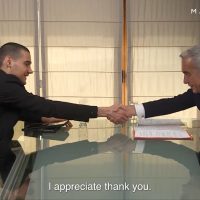
![marius-bostan-foto[1] marius-bostan-foto[1]](https://inliniedreapta.net/wp-content/uploads/elementor/thumbs/marius-bostan-foto1-qt9ywoo2b2lgv37b76h9qr5yo6db5vwzoxbuvd4e6o.jpg)

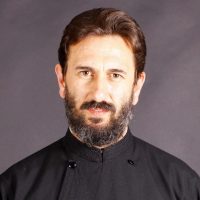

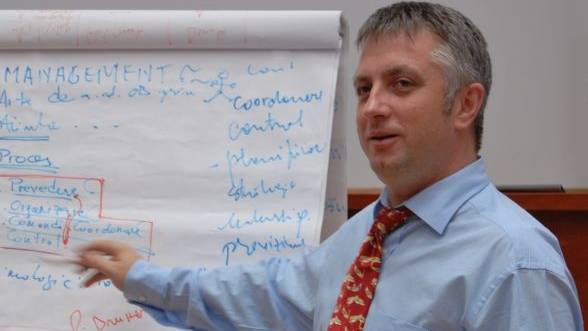
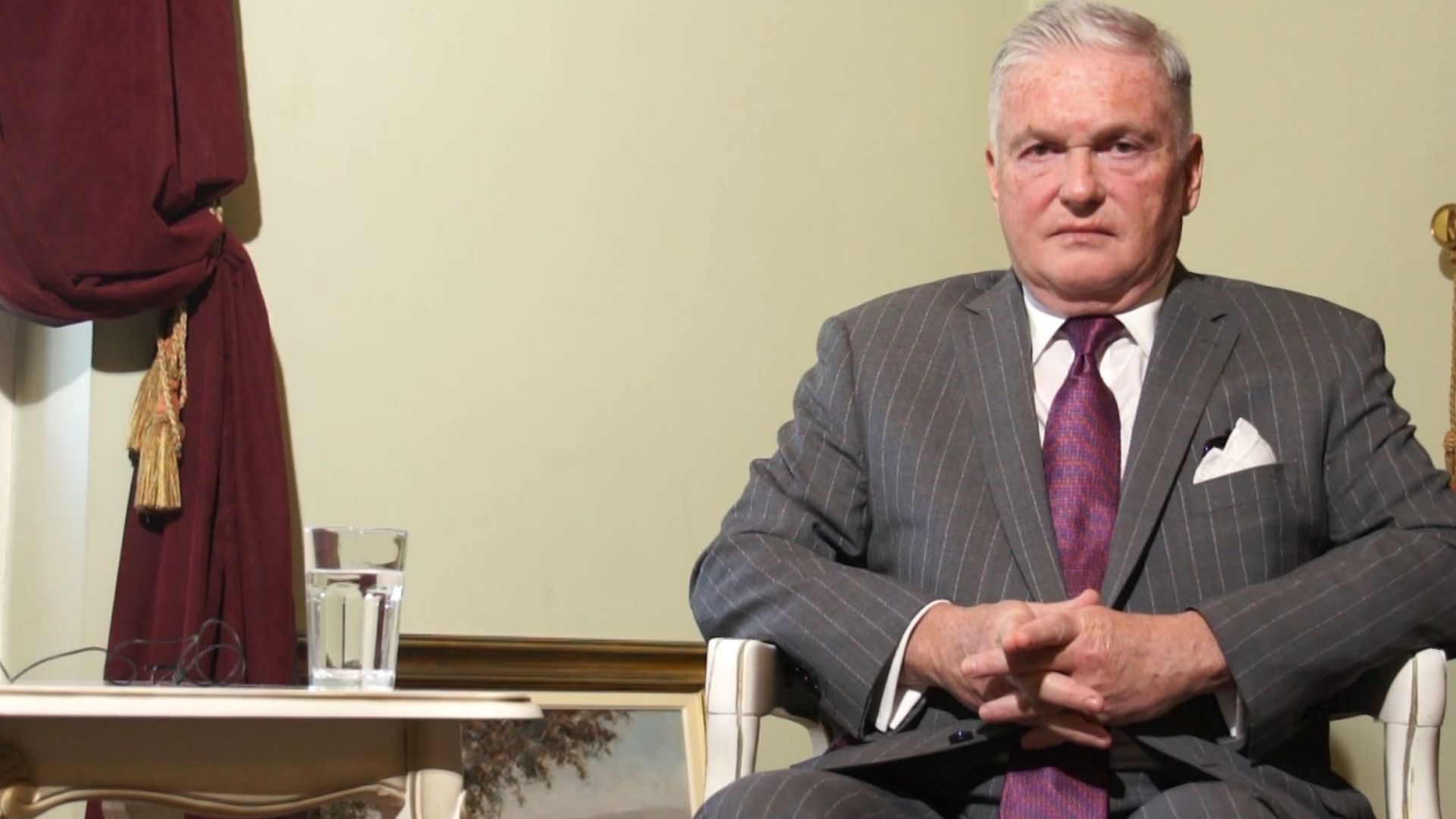

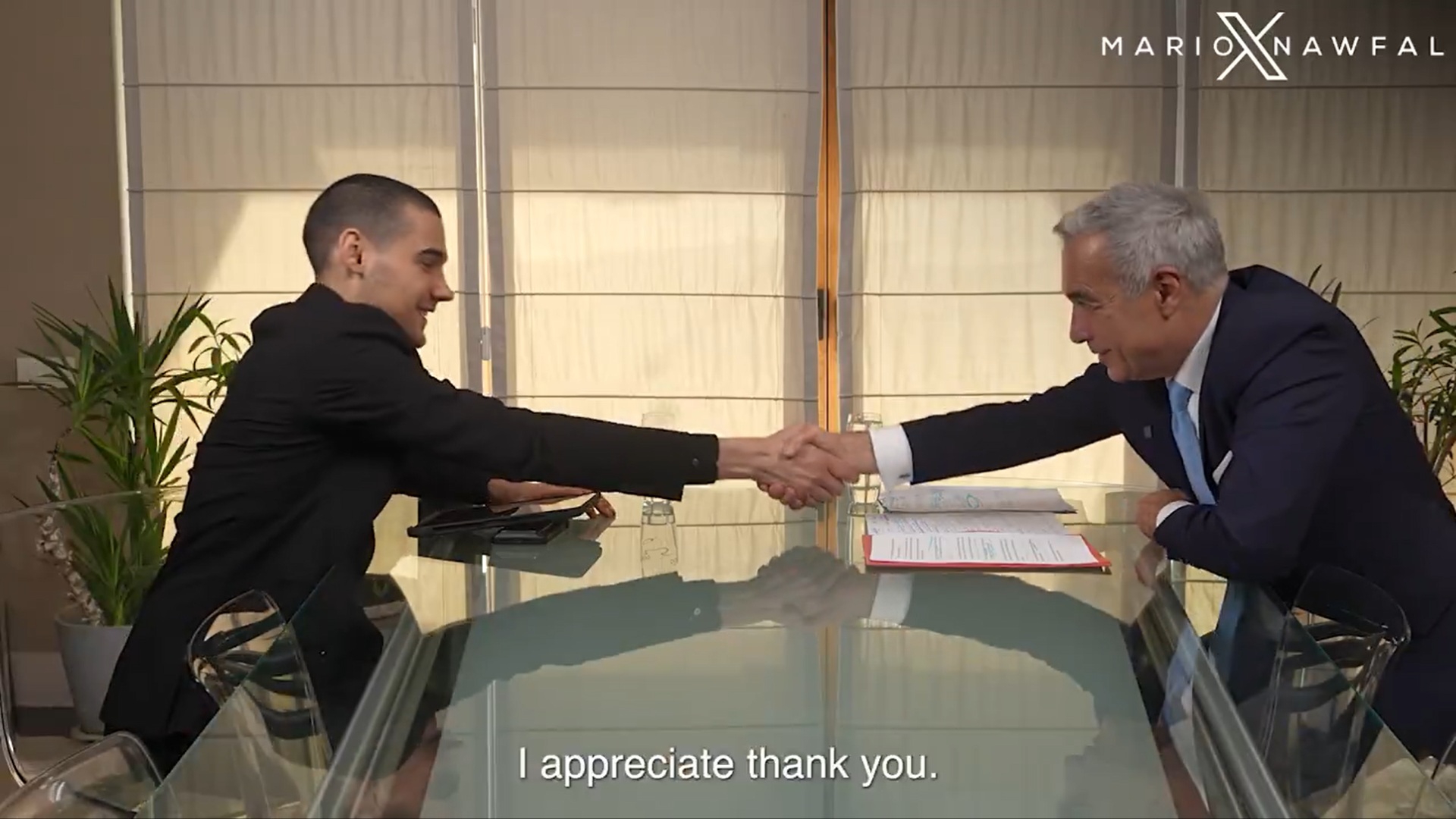

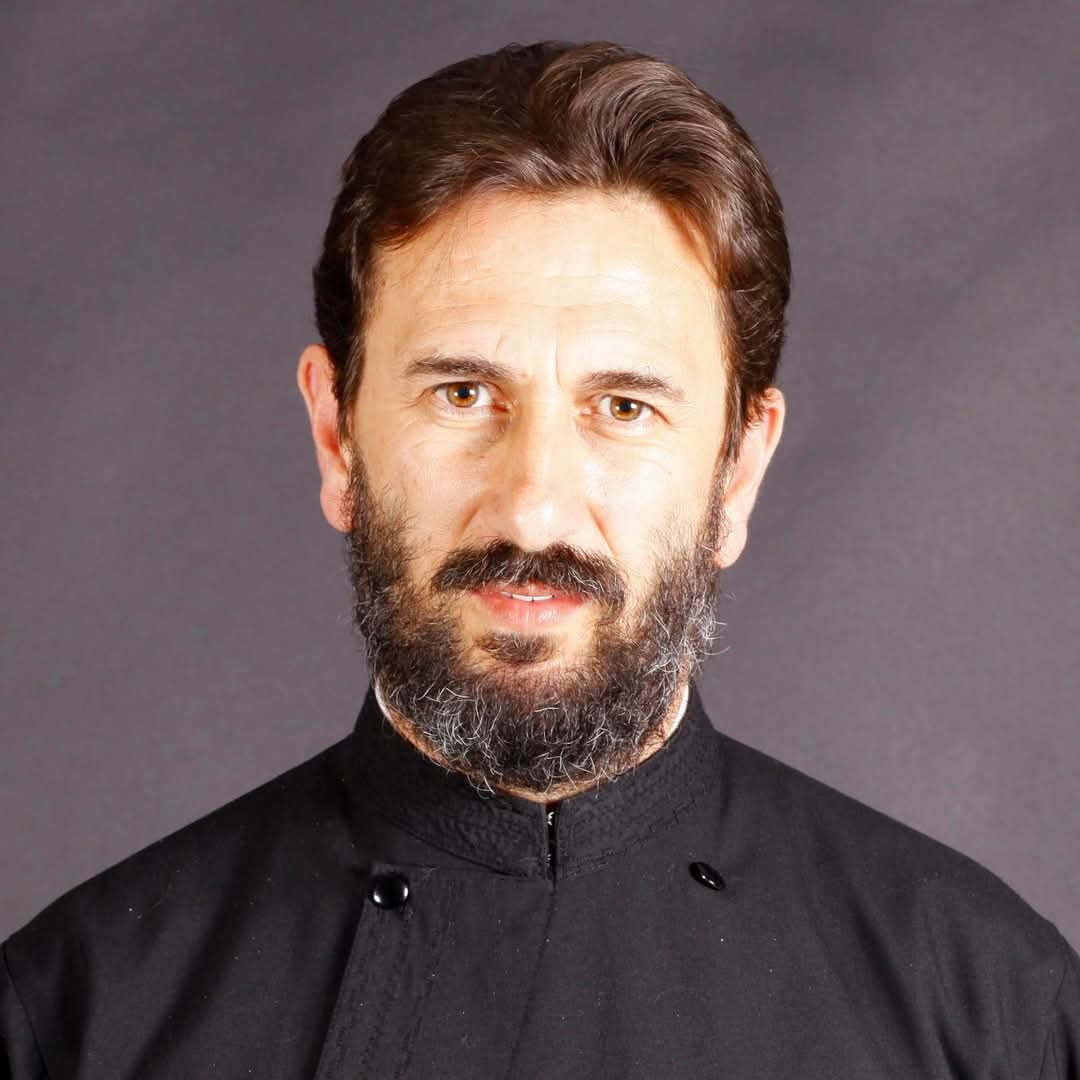
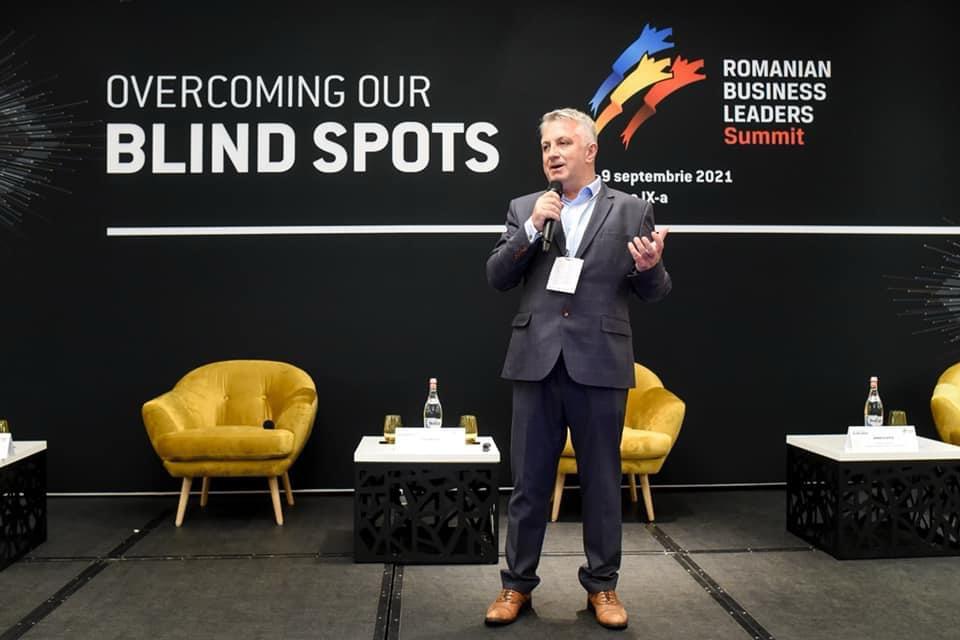
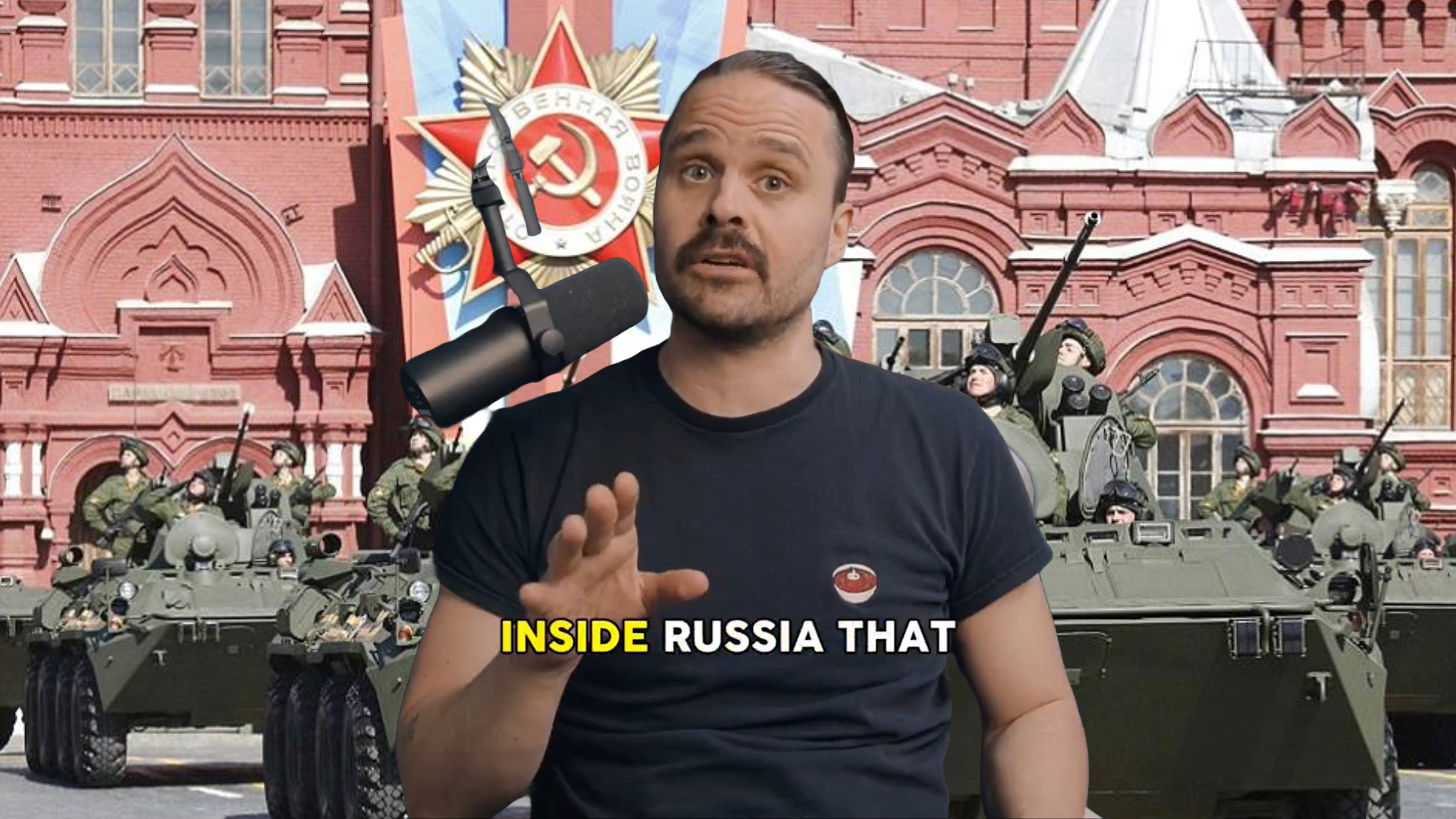

3 Comments
Daniel Francesco
31 May 2013Europa se misca mai incet. Cu 10 zile in urma Laurent Fabius, ministrul de externe al Frantei a anuntat ca se alatura Germaniei si Regatului Unit in desemnarea Hezbollah ca organizatie terorista.
http://www.nytimes.com/2013/05…..&_r=0
Liv STOmer
31 May 2013Se misca incet in deed. Profetie off topic: in Ro., ca si-n Bulgaria, urmeaza iar niste ghiocei, o razmerita mica, ceva. Tot parcursul de pana acum al guv. Ponta I-II-etc-ul spre asta ma duce cu gandul. Mamaliga mai si explodeaza, sometimes, iar iuresul din 2012 n-a fost suficient pt a elimina „tensiunile”. O explozie nu e neaparat un lucru rau, dar nici neaparat unul bun. Cat despre rusi, ei vor sta tot acolo, si vor profita la maxim, ca de obicei. Qui vivra verra.
Silvapro
31 May 2013Un site israelian care explica Hezbolla:
http://www.youtube.com/watch?f…..2g4o#at=97